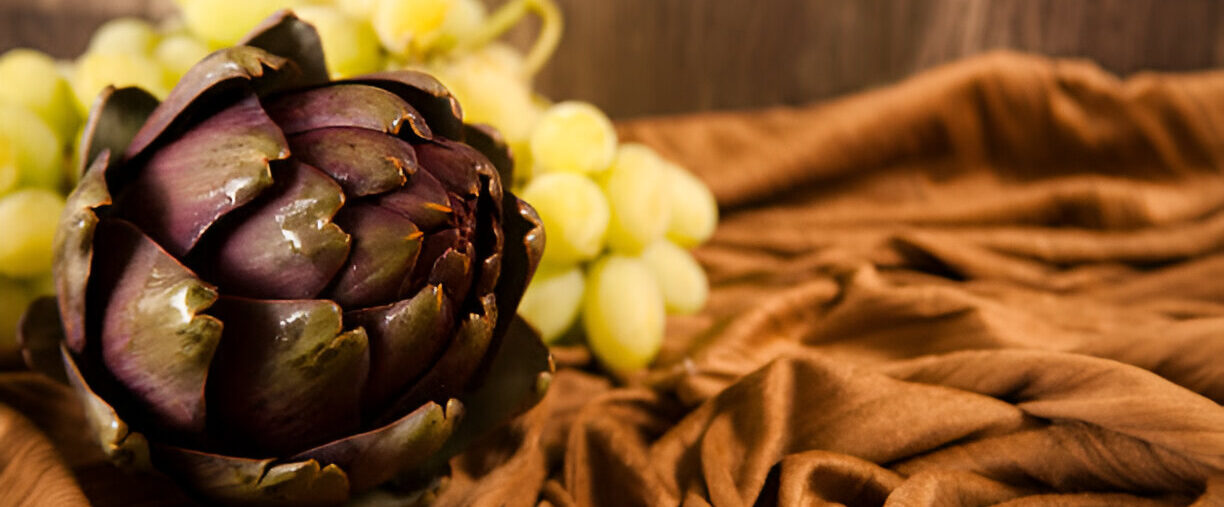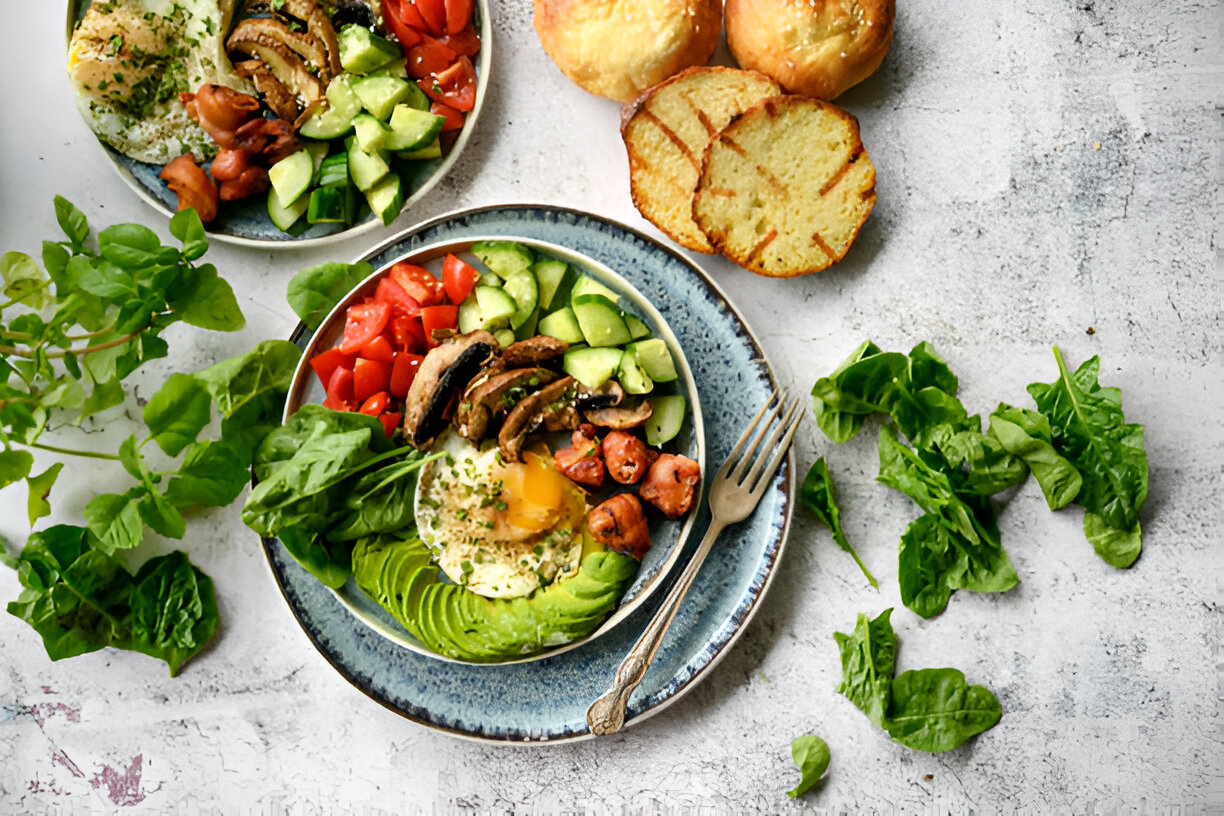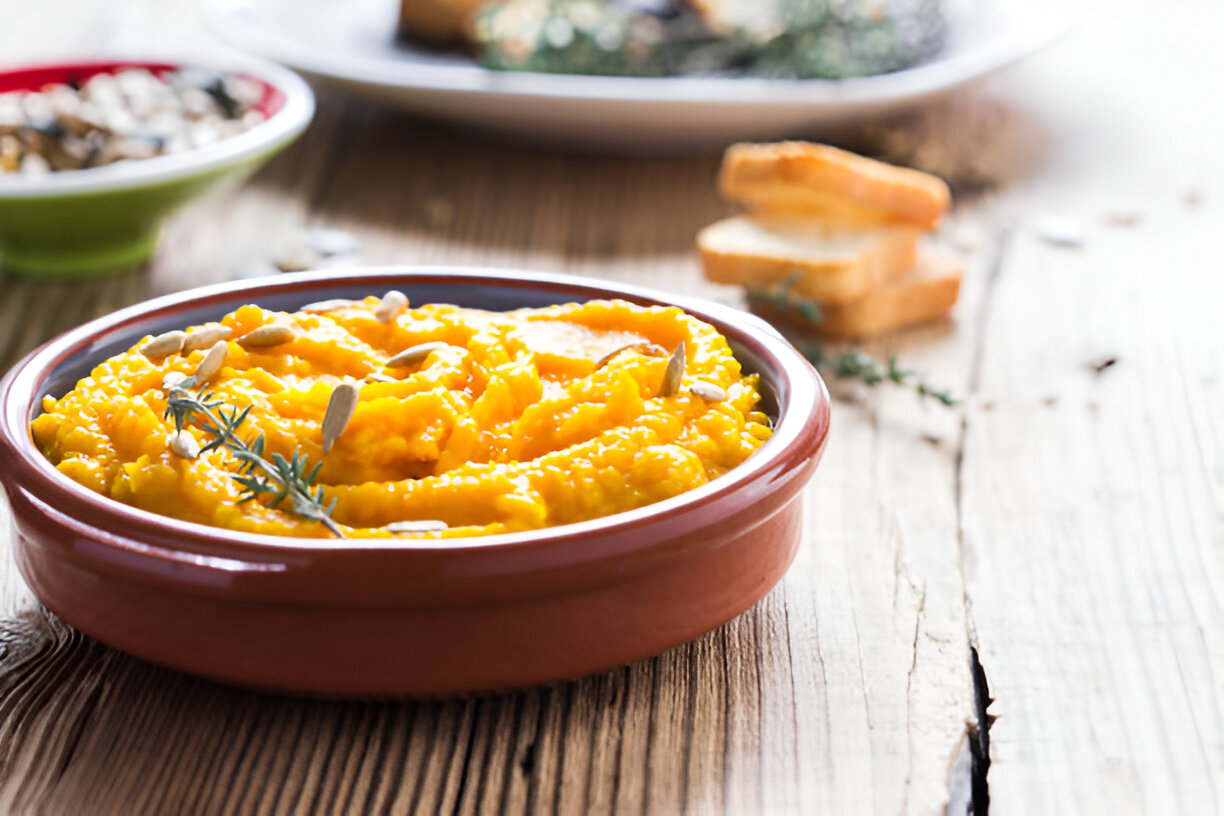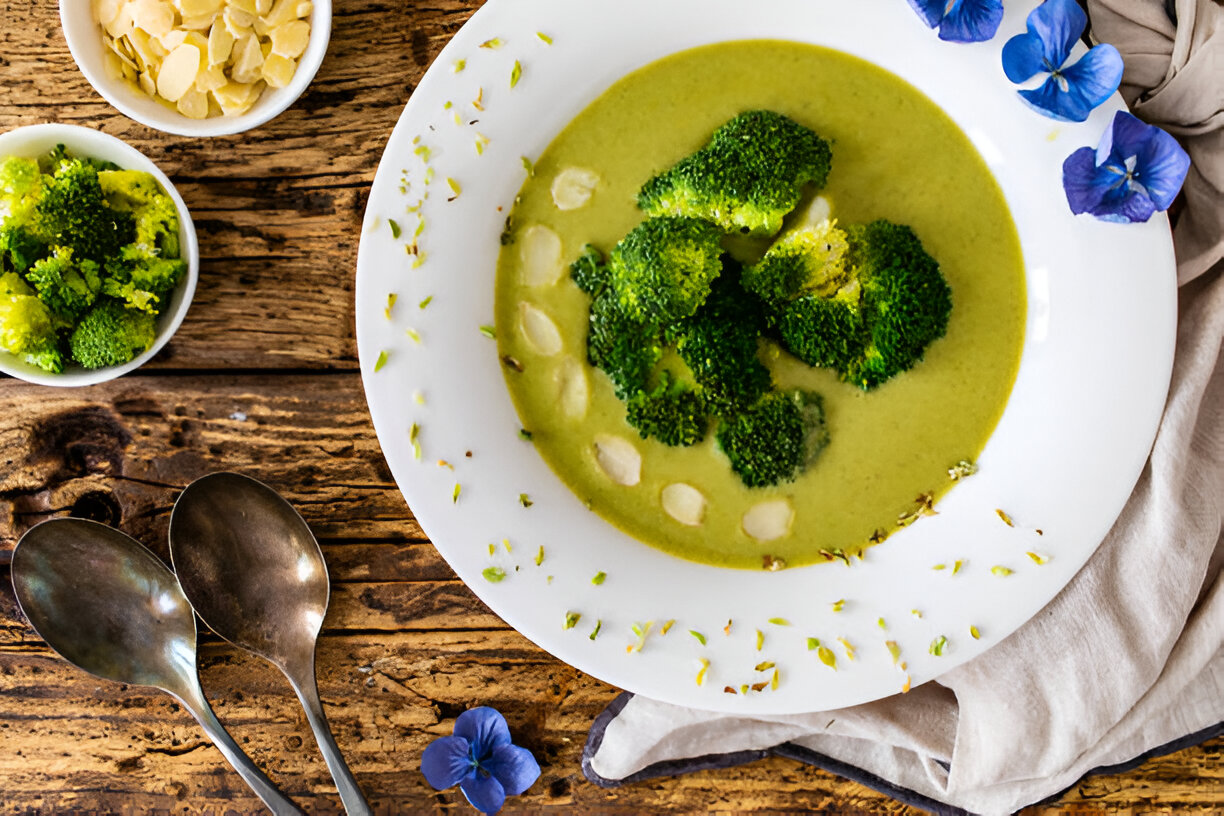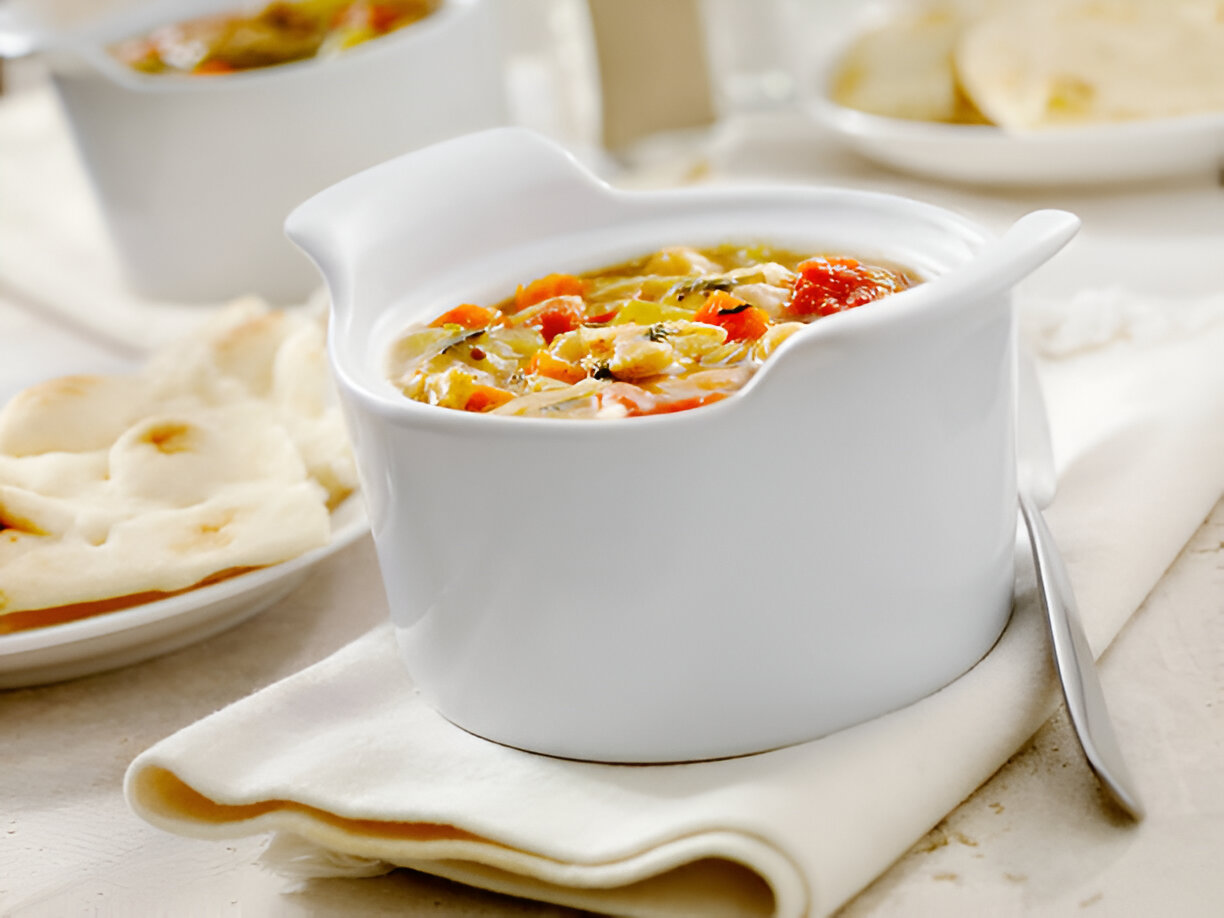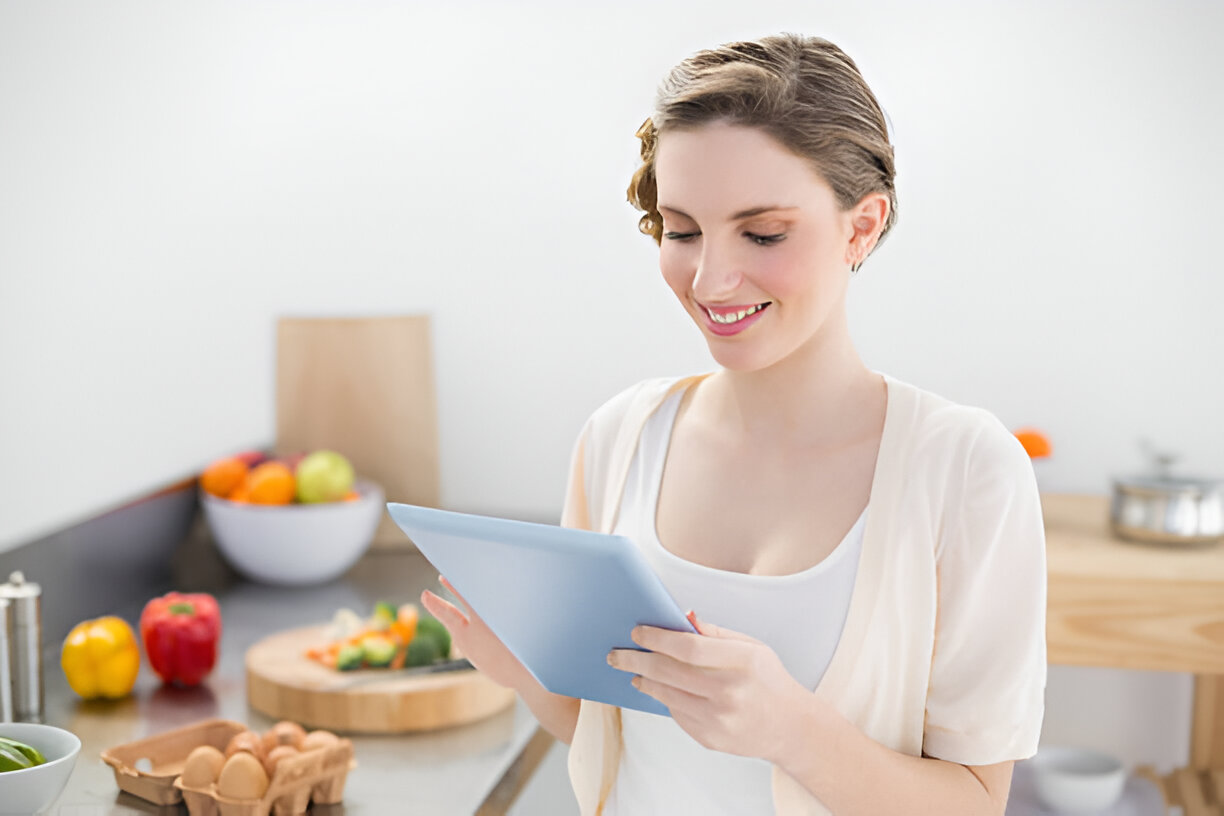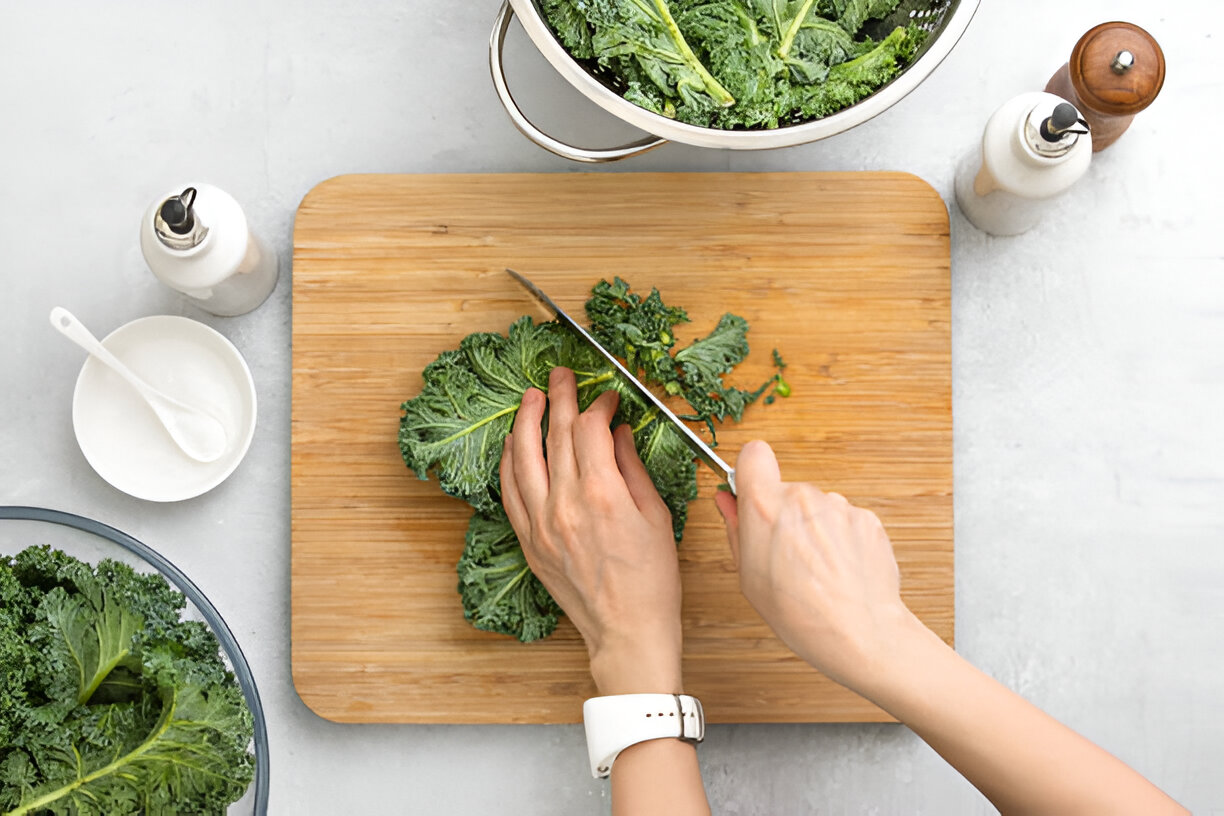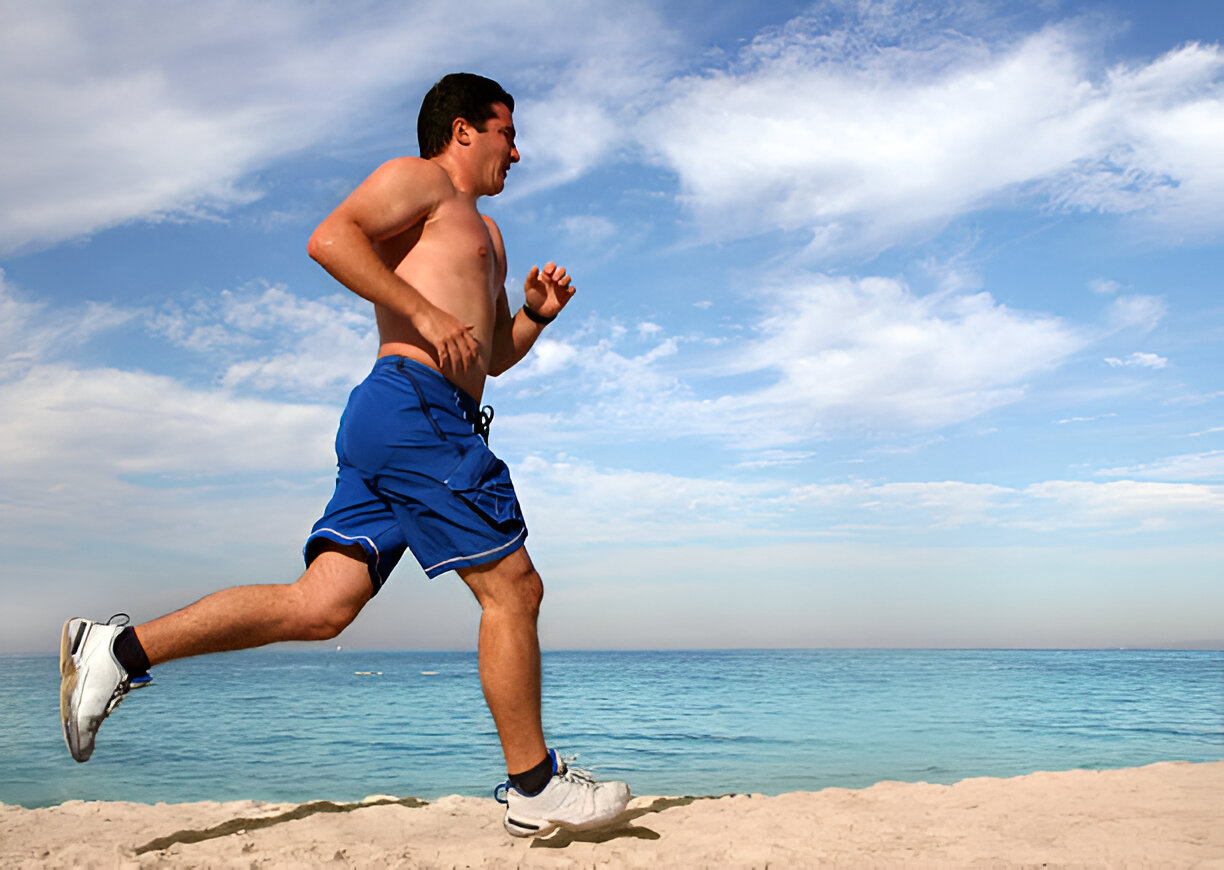

So you’re ready to try again. You’ve got the books, the healthy snacks in the fridge, and, yes, you even threw away that secret stash of Oreos in the back of the pantry. Ah, the familiar rush of a new weight-loss plan: a heady mix of hope, promise, and fantasy shopping. But how can you make this time different, and finally step off the diet merry-go-round?
Grab a pen. Writing — everything from keeping a food log to free-association journaling — is a powerful tool when it comes to healthy eating and shedding pounds. Putting pen to paper helps break the momentum during a rush to the pretzel jar, and studies show that writing down what you eat can help you lose weight and keep it off. “Two of the most important factors in weight loss are intention and monitoring,” says Sasha Loring, a psychotherapist with Duke Integrative Medicine at Duke University. “Writing can help with both.”
Take intention. Often, people approach weight loss with a fuzzy notion that they’d like to drop a few pounds or look good in a bathing suit, says Loring. “But just saying you want to lose weight won’t work,” she says. Journal writing, however, can help you move away from vague ideas and focus on concrete steps. The more detailed and practical your writing, the better. You might, for example, brainstorm a list of strategies to sidestep your problem areas — outlining a route to work that steers clear of your favorite drive-through doughnut shop, for instance, or shopping on Sundays to make sure you have healthy snacks and lunches for the upcoming week.
Of course, even the best-laid eating plans are no good if you make a beeline for the potato chips every time you get an e-mail from your ex. Here, too, putting pen to paper can help. A regular writing practice, one that allows you to offload your feelings, can shift your emotions from the fridge to the page, says creativity maven Julia Cameron, author of “The Writing Diet.” Sometime during her 25 years of teaching people to unlock their creativity in “The Artist’s Way” seminars and books, Cameron started noticing something: Her students were doing more than getting in touch with their inner artiste; they were shedding pounds, too. “I would see people start to transform, physically,” she says. “It took me a long time to see this as a weight-loss tool, but it was showing up all along as people looking more fit.”
At the heart of Cameron’s classes is a technique called “morning pages,” in which you rise early and write three longhand pages of absolutely anything — no thinking, no worrying, no editing. Although Cameron instructs her students to write freely, she says people often use morning pages as an emotional outlet, one they were accustomed to finding in food. “You take a look at your fear, anxiety, and nervousness directly instead of eating something to squelch it, she says. “You don’t need to focus on it; it will just come up. Morning pages are remarkable in how they get to the underside of what’s bothering you.”
And the more you give voice to your emotions, the less you’ll need food to keep your real feelings quiet. “When you do morning pages,” says Cameron, “you start to take your likes and dislikes a little more seriously. It helps with speaking your mind.”
Start Writing: Download our
food journal









